At some point or another, we've all heard that popping our joints will cause irreversible damage.
Apparently there may be some truth to those old wives' tales.
Josh Hader, a 28-year old-man, found this out the hard way. He cracked his neck and suffered from a major stroke.
A stroke that nearly cost him his life.
He ended up at Mercy Hospital in Oklahoma City, Oklahoma. He tore his vertebral artery which leads to the brain.
Below is the news report from ABC affiliate KOCO 5.
28-year-old Oklahoma man suffers stroke from cracking his neckyoutu.be
Dr. Vance of Mercy Hospital said during an interview:
"His wife had been telling him, 'Don't pop your neck. You're going to cause a stroke,'"
Dr. Nurra Orra, a family medicine physician explained that having your neck cracked or "manipulated" can carry a risk of stroke as it risks tearing arteries.
Orra said:
"[It] places the vertebral artery in a precarious position prone for injury, Studies have shown a correlation between increased risk of stroke and people who get their necks manipulated."
Hader was on the younger side for having a stroke but according to Dr. Ora cracking his neck likely led to the stroke because:
"a tear in the lining of the artery caused an obstruction of blood flow to the brain."
The good news is Hader is recovering from the stroke. It was also reported that he had the hiccups for a week and a half. While he was still wearing an eye patch, the water is no longer needed.
Besides the physical issues, Hader cannot help care for his two young children, He said regarding his baby son in an inteview:
"I can't pick him up out of the crib, give him milk in the middle of the night, I can't do any of that."
Hader is lucky. He could have ended up dead.
When asked about the incident, Hader said:
"The moment I heard the pop, everything on my left side started to go numb, I got up and tried to get an ice pack from the fridge, and I remember I couldn't walk straight."
Dr. Orra recommended everyone learn the symptoms of a stroke as well as the acronym F.A.S.T.—standing for Facial droop, Arm weakness, Slurred speech, Time to call 911.
Hader's father-in-law is the one who took him to the emergency room as the symptoms got worse.
Dr. Orra reminded people that the chances of having a stroke from popping your neck may be small however:
"the biggest risk factors for stroke are hypertension, heart disease and smoking."
Reactions of all kinds popped up on social media. Most of them showing disbelief.
By being healthier—and not popping your neck—the risk of stroke is lowered.
Lesson learned.
Now what about our knuckles?

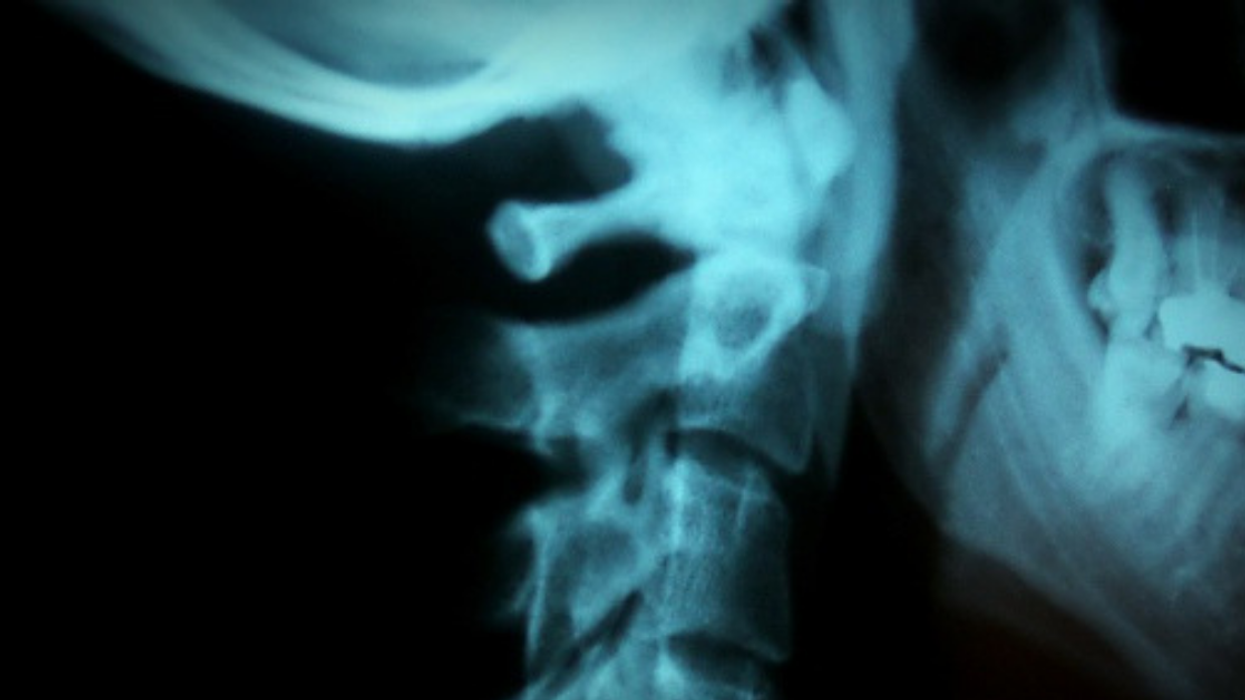



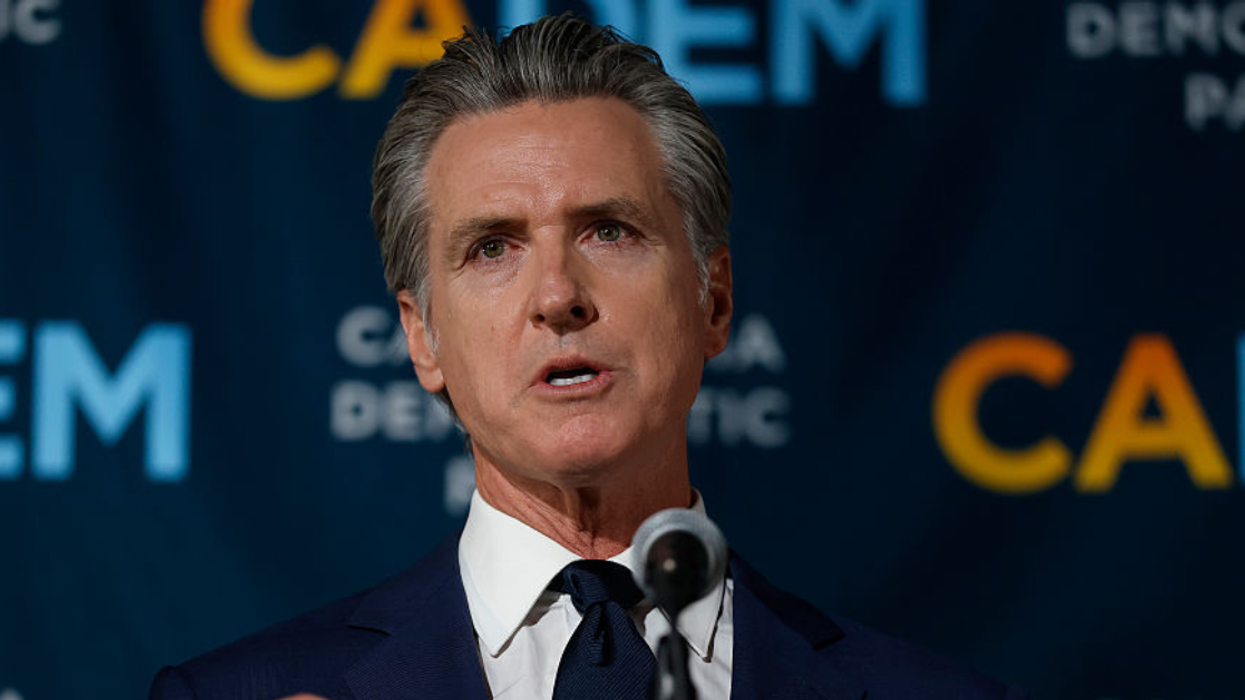


 vasosecret/TikTok
vasosecret/TikTok
 dontlookatmedoll156/TikTok
dontlookatmedoll156/TikTok alyssa.b345/TikTok
alyssa.b345/TikTok EllieBelly/TikTok
EllieBelly/TikTok Shelby Daniel/TikTok
Shelby Daniel/TikTok J/TikTok
J/TikTok indigo1009/TikTok
indigo1009/TikTok Kam/TikTok
Kam/TikTok



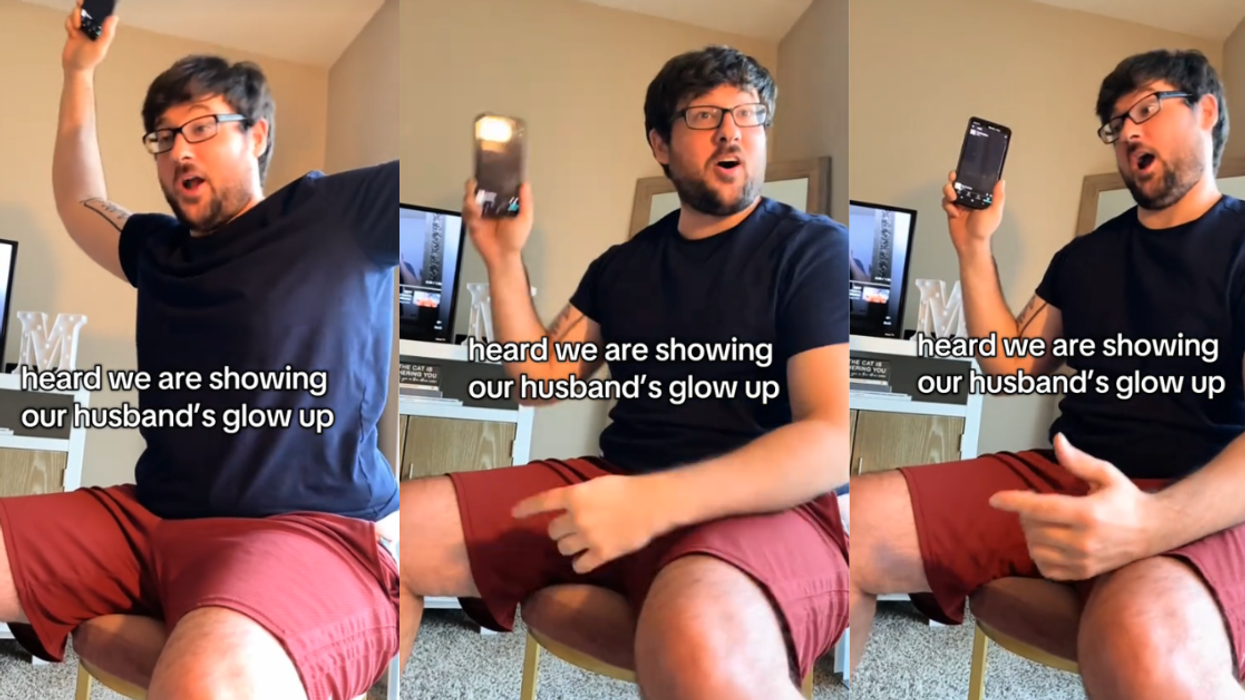

 @starduster14021/X
@starduster14021/X r/TheMajorityReport/Reddit
r/TheMajorityReport/Reddit r/TheMajorityReport/Reddit
r/TheMajorityReport/Reddit r/TheMajorityReport/Reddit
r/TheMajorityReport/Reddit r/TheMajorityReport/Reddit
r/TheMajorityReport/Reddit r/TheMajorityReport/Reddit
r/TheMajorityReport/Reddit r/TheMajorityReport/Reddit
r/TheMajorityReport/Reddit @sciencexspirit/Bluesky
@sciencexspirit/Bluesky


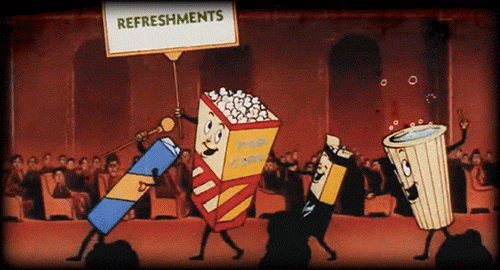 90s popcorn GIF
90s popcorn GIF  signing season 3 GIF
signing season 3 GIF 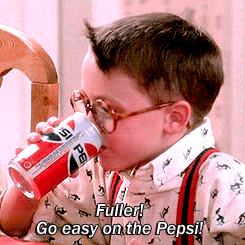 home alone pepsi GIF
home alone pepsi GIF  Machine Production GIF by Finder Relais Nederland
Machine Production GIF by Finder Relais Nederland 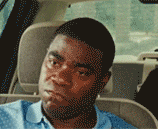 No No No GIF
No No No GIF